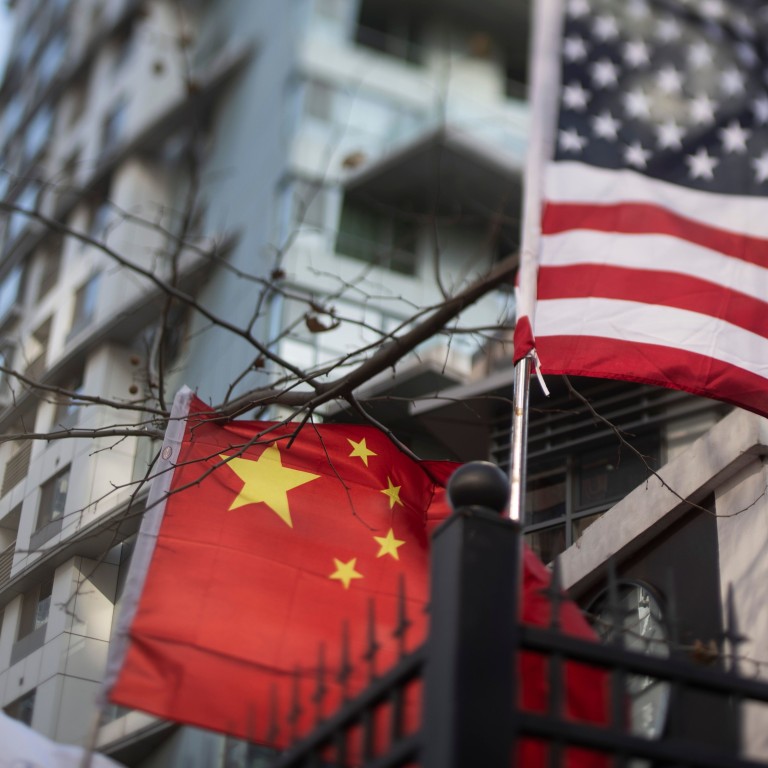
China has a lot more to lose than the US in trade war, says Credit Suisse
- Trade is one of several areas where tension is rising between the US and China
- Rising tensions come as China faces economic slowdown
The possibility that the United States and China are closer to resolving their trade dispute has stoked optimism among investors.
But insufficient attention may be being paid to what happens if no deal is struck, according to John Woods, Credit Suisse’s chief investment officer for Asia-Pacific. No deal would be “profoundly negative”.
Why the US-China dispute is about so much more than a trade imbalance
It would be the reverse of China joining the World Trade Organisation in 2001, which lowered or froze barriers the country faced to export its goods and paved the way for a near tripling of its share of global trade, Woods said.

“It’s quite clear to me that China has a lot more to lose than the United States and, hence, the apparent willingness of the authorities to go the extra mile and secure something meaningful,” Woods said.
The Shanghai Composite Index, the worst performing benchmark last year, jumped 1 per cent last week after US and Chinese officials made positive statements following trade discussions in Beijing.
Woods said trade is one of several arenas where tensions are playing out between the US and China: others include the South China Sea and North Korea.
“In the language of international relations, whilst you may see tensions on the trade front diminish, I don’t think anyone thinks it is a resolution in any way,” he said.
Investors need to prepare for a rough first half in 2019, analysts say
At the same time as trade tensions are rising with the US, China is seeing its economy slow down, potentially to its lowest level of growth since 1990.
Credit Suisse is expecting the nation’s gross domestic product growth to slow to 6.2 per cent this year.
The country’s economic growth slowed to 6.5 per cent in the third quarter of 2018, below analysts’ expectations.
Woods said he believes the Chinese government, through stimulus, has the levers available to smooth growth.
“The composition of growth will change. The target of growth will remain the same,” he said. “If for example we have a subpar trade resolution, the government will open the taps to investment and state-led manufacturing and that will generate 6.2. If conversely, the trade dispute has a very positive resolution, the private sector will drive that growth through consumption and services.”
Woods singled out the Chinese technology sector, particularly software-driven companies, as an area he expects to perform strongly this year after it fell by 25 per cent in 2018.
Trade deal ‘won’t get done without action on tech transfers’
“Year to date it is up 6 per cent. We anticipate another 12 to 15 per cent in growth over the next six months,” Woods said. “The earnings upgrades are now stabilising. The policy intervention is now resolving. Some of the gaming issues that were holding back a number of the big firms are resolved. The glide path is a lot clearer and a lot smoother.”

